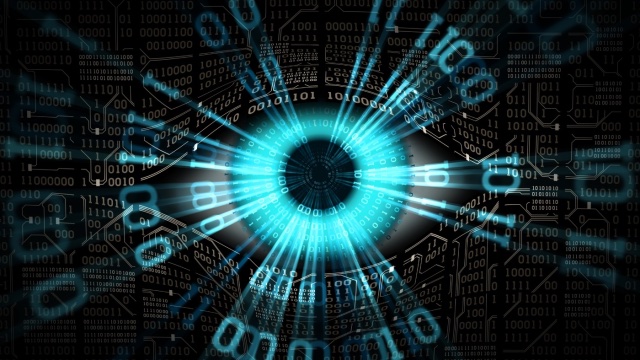The logic of war is simple: get there fastest with the mostest. Yet, as Clausewitz reminds us, even if war sometimes is simple, the simplest thing is hard. Nothing is harder than anticipating the next war. As peacetime political processes demand predictability, especially in democracies, preparations are often biased toward fighting the last war. Our current predicament is that the distance between the last and the next can be too large to bridge if we do not catch up with the fundamental changes created in everyday life by digital, networked, and AI technologies.
Imagine fast and massive sieving through satellite pictures to identify targets in real-time while firing solutions can be fed to any nearby unit, Uber-like, ensuring targets are destroyed within minutes of discovery. Even better, through signal recognition, enemy radars and electronic warfare units become tin electronic ears by false signaling or spoofing. And this does not consider the scenario where they end up in a ball of wires and burned metal sheets.

